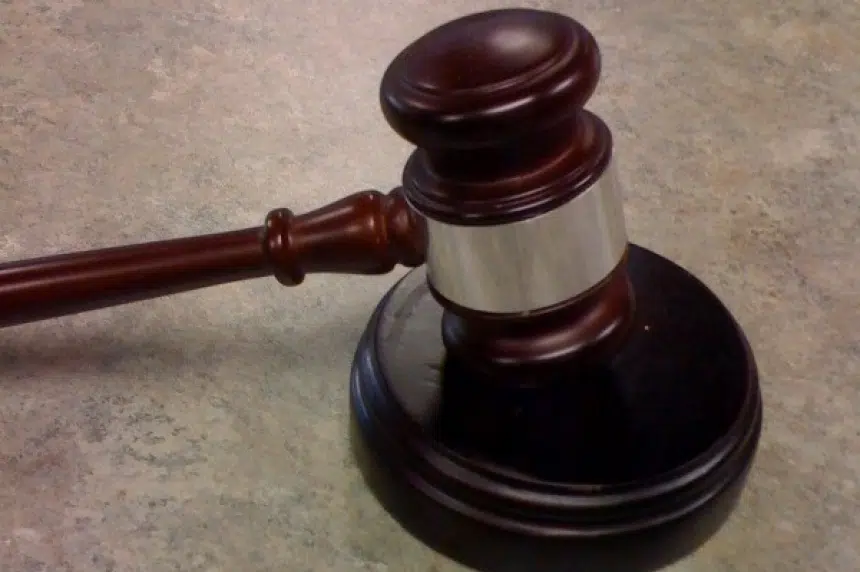A lawsuit that’s been 144 years in the making is now finally being heard – groups on the Ochapowace First Nation are hoping to have what they see as a historic wrong recognized.
According to Margaret Bear, chief of the Ochapowace First Nation, everything started back in 1874. She said that shortly after the signing of Treaty 4, two different First Nations were illegally, and unilaterally, amalgamated by the government. One band was headed by Chief Kakisiwew, and the other by Chief Chacachas.
Bear said people at the time were devastated by the change.
“If we can just think for a moment, if we were to wake up and be told that we are now a part of another country, we can only imagine the feelings that we might have.”
She said it took away their nationhood and their right to self-determination.
The two chiefs wanted to pursue the problem at the time, but they weren’t allowed to hire lawyers.
Fast-forward to today – Bear explained that in 1998 a group of people on the First Nation who considered themselves descendants of Chief Chacachas got together.
“They met with the chief and council of Ochapowace at that time to begin a dialogue, and take a stand and move forward in the reestablishment of Chacachas.”
Now, the band is in the second week of a four-week hearing on the matter. The first week was held on the Ochapowace First Nation, which Bear says is the first time a federal hearing has been held on a Saskatchewan First Nation.
She said during the first week, elders shared their history and evidence at the hearing. The final three weeks are being held in Regina.
“It’s a time and opportunity for our people to finally have a say, to tell their story in a court of law today,” said Bear.
She said she hopes the court will really hear them out.
“And recognize that there was a breach to treaty obligation by the Crown and to correct the wrong that was done to these two nations.”
Bear said for them, right now, this is about recognition of what happened and recognition of the two separate nations. It’s not clear what this might mean for members of the first nation going forward – the chief said she wants to focus on what’s happening at the moment.
“Whatever happens tomorrow, you know, the people will be involved down the road in the next phase.”











